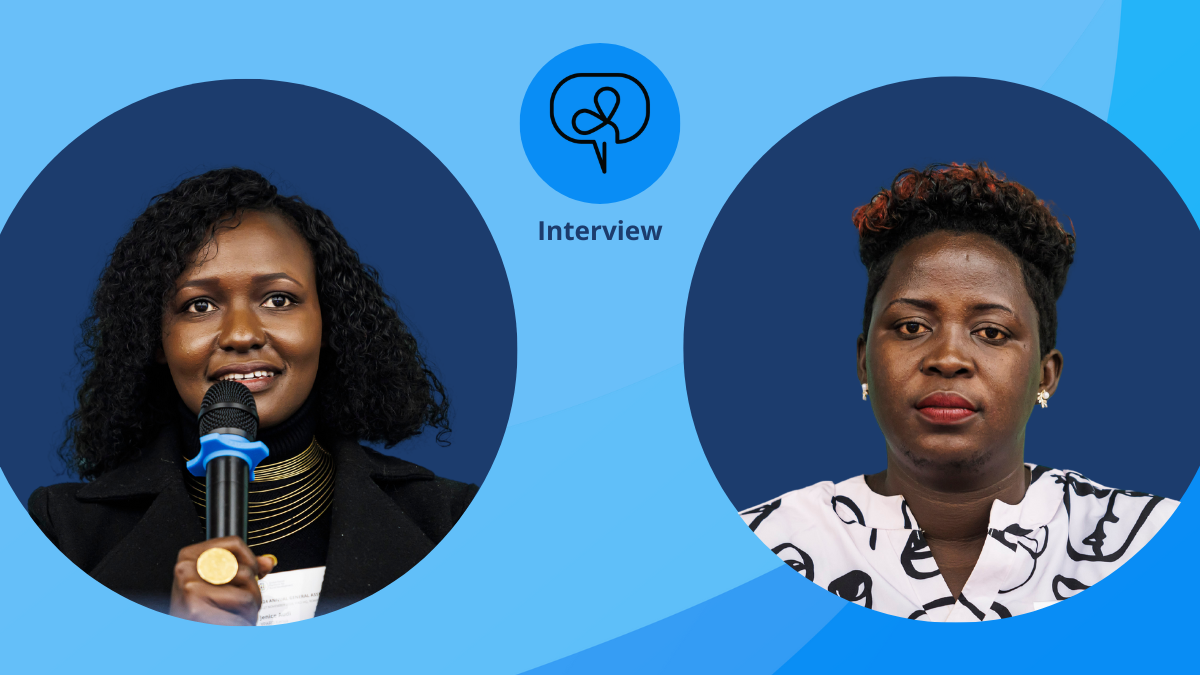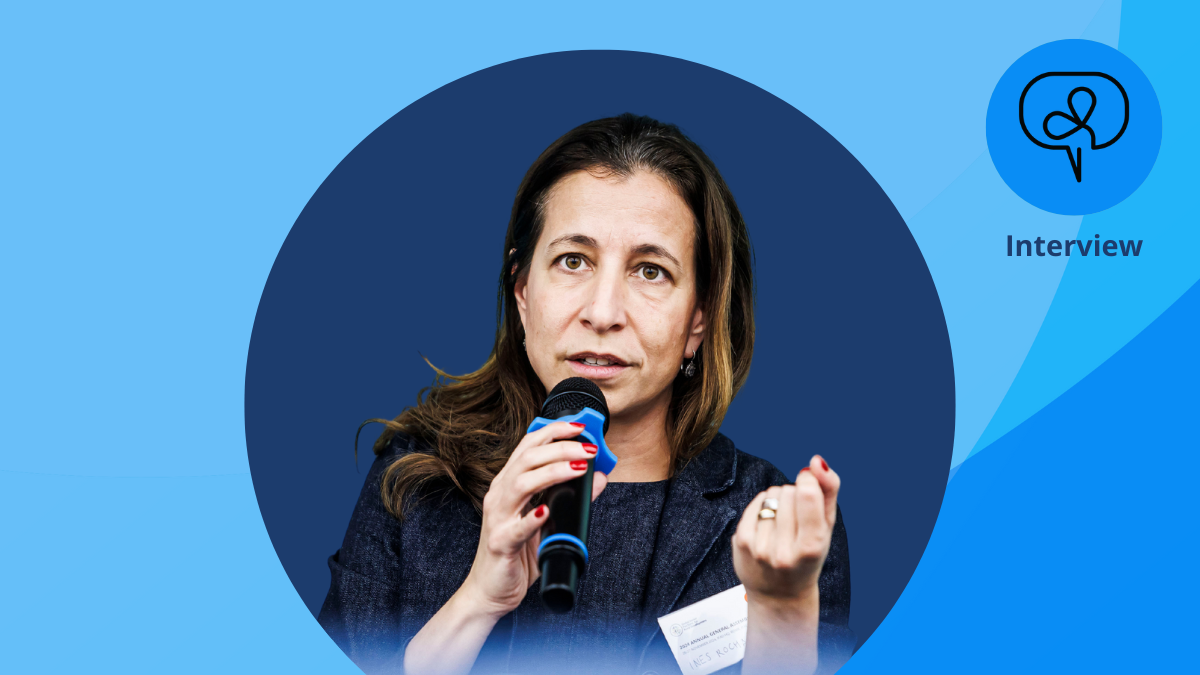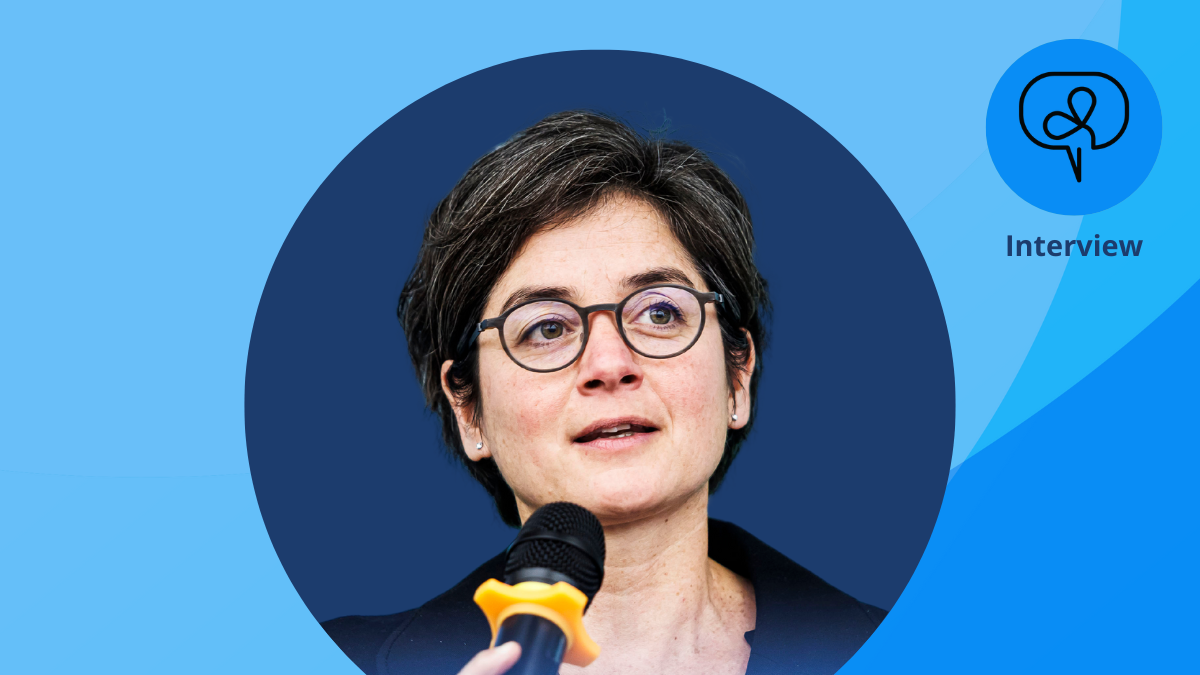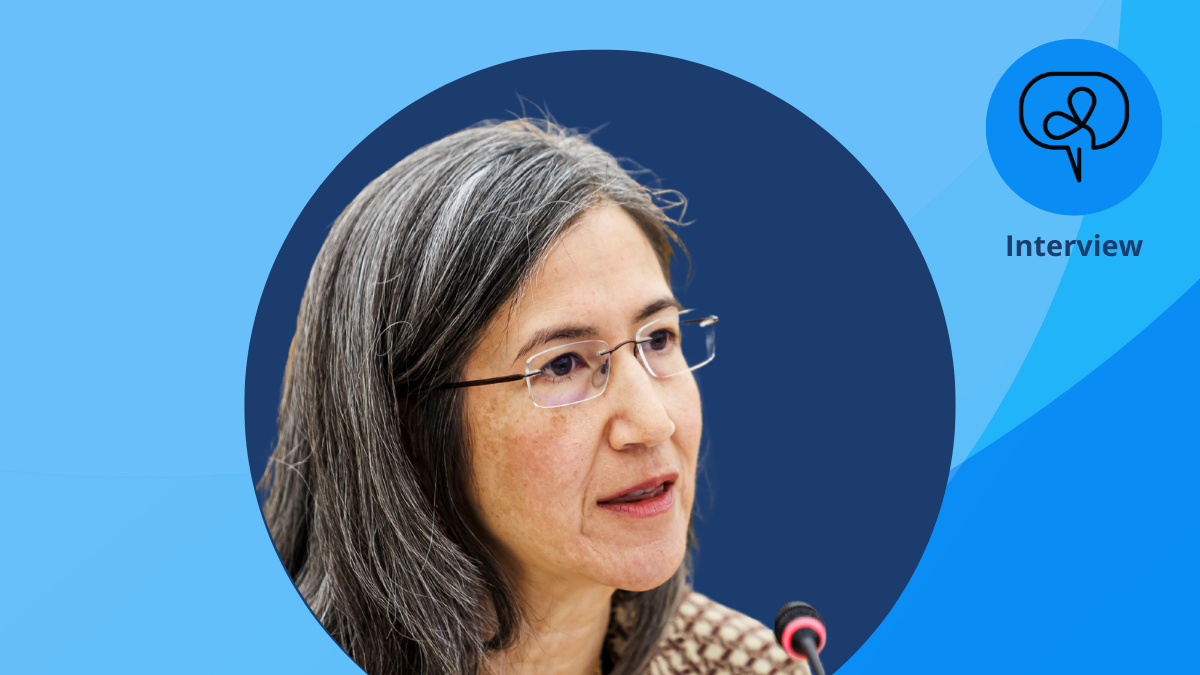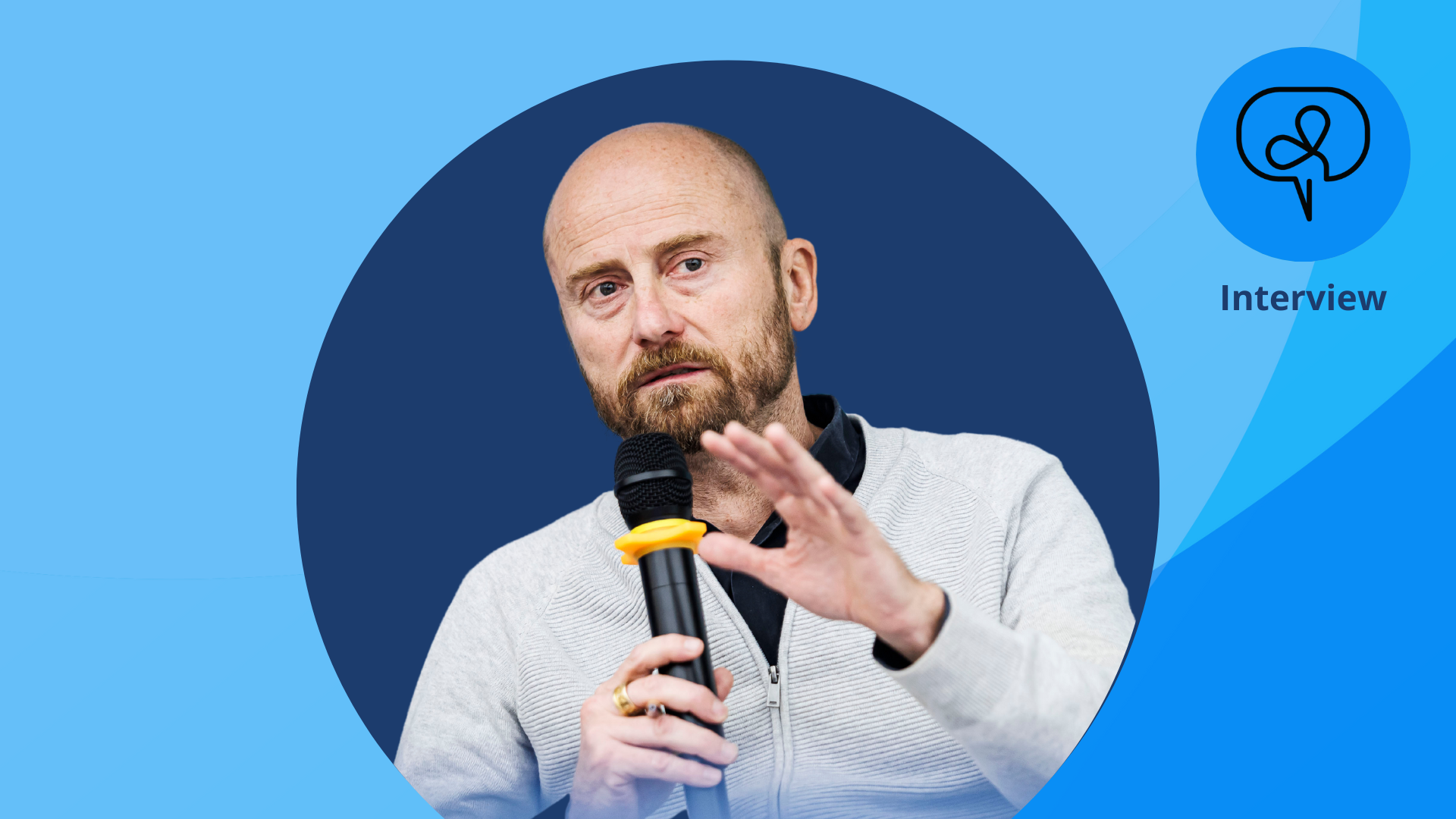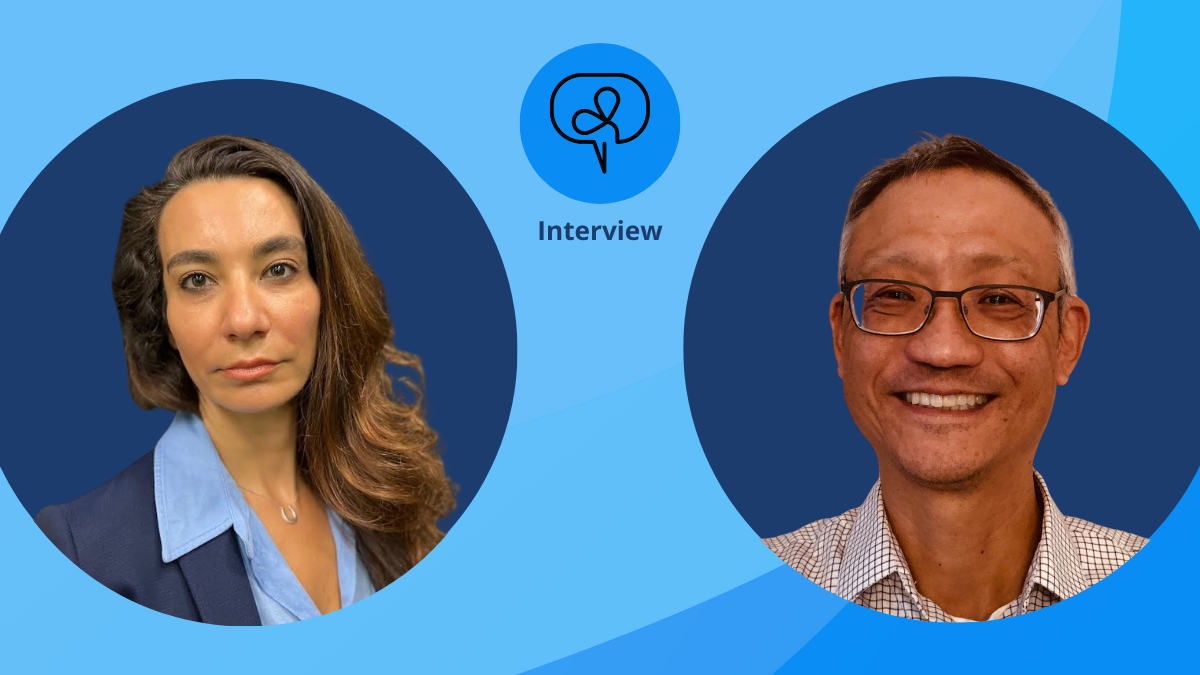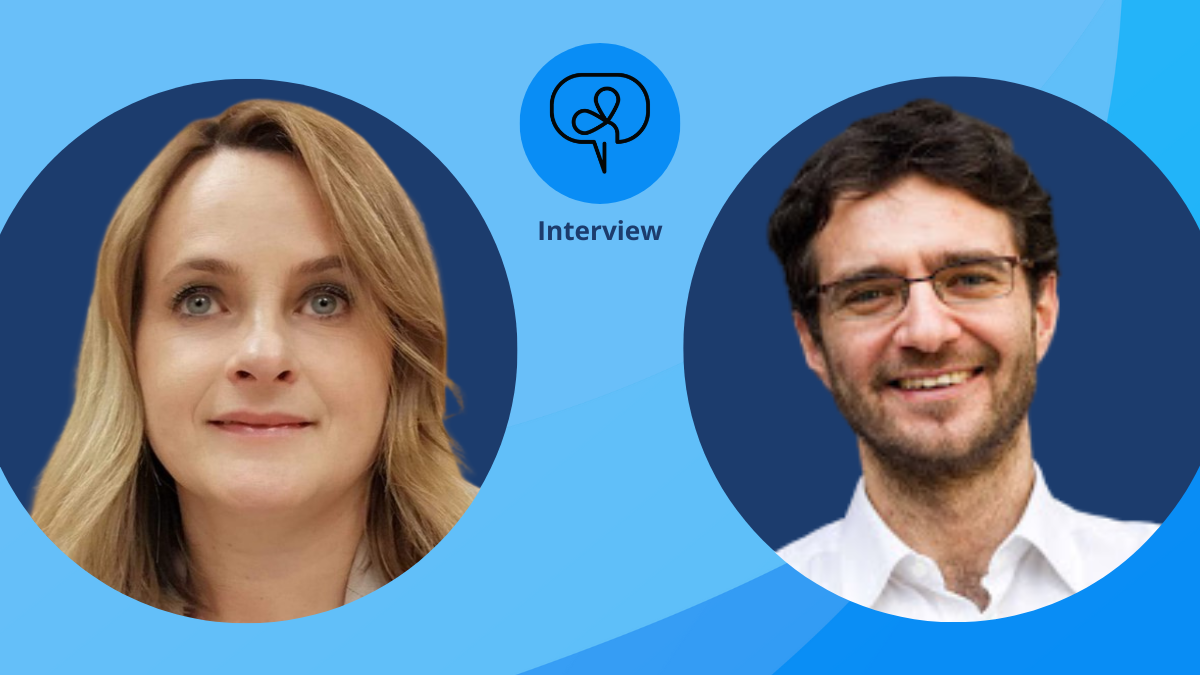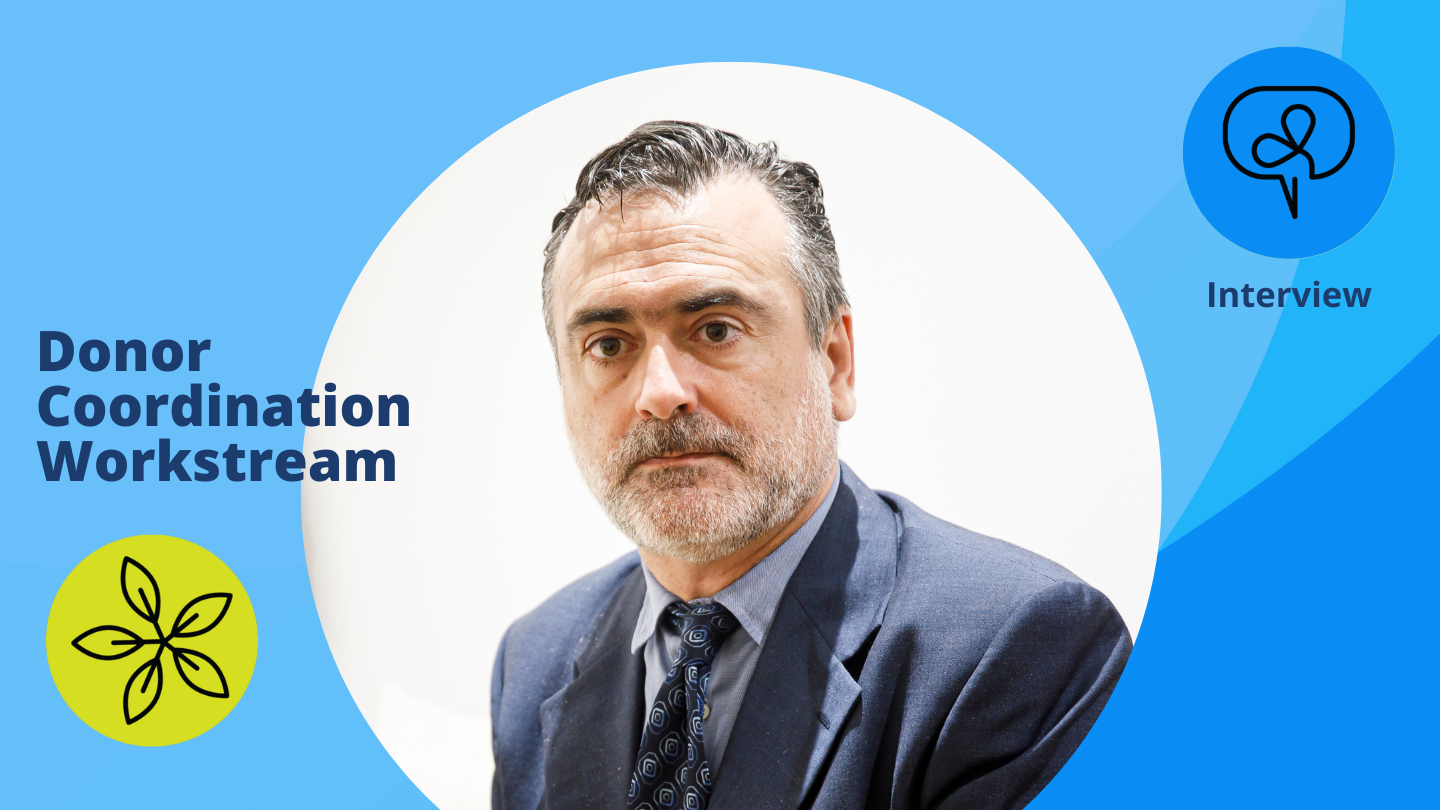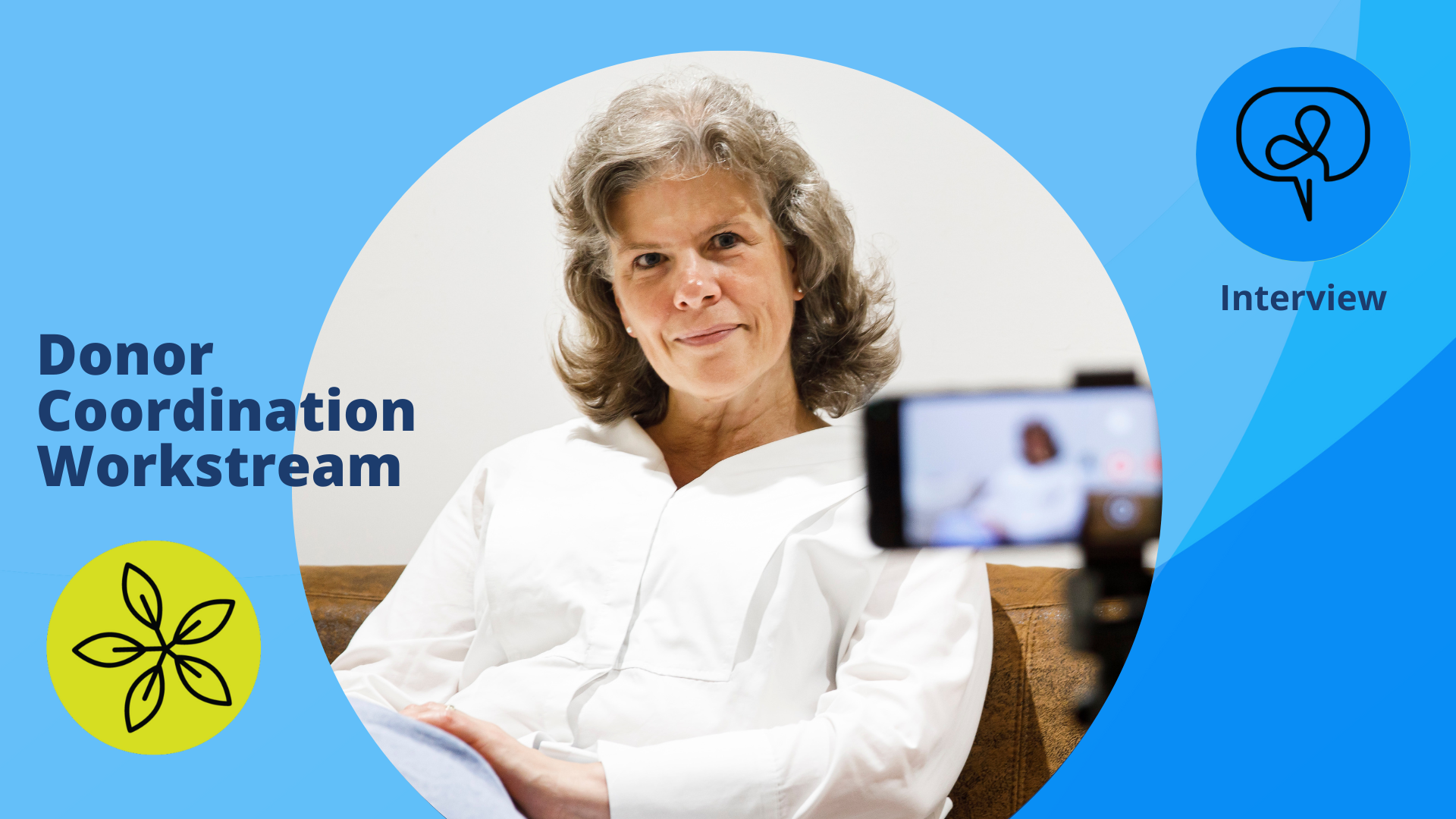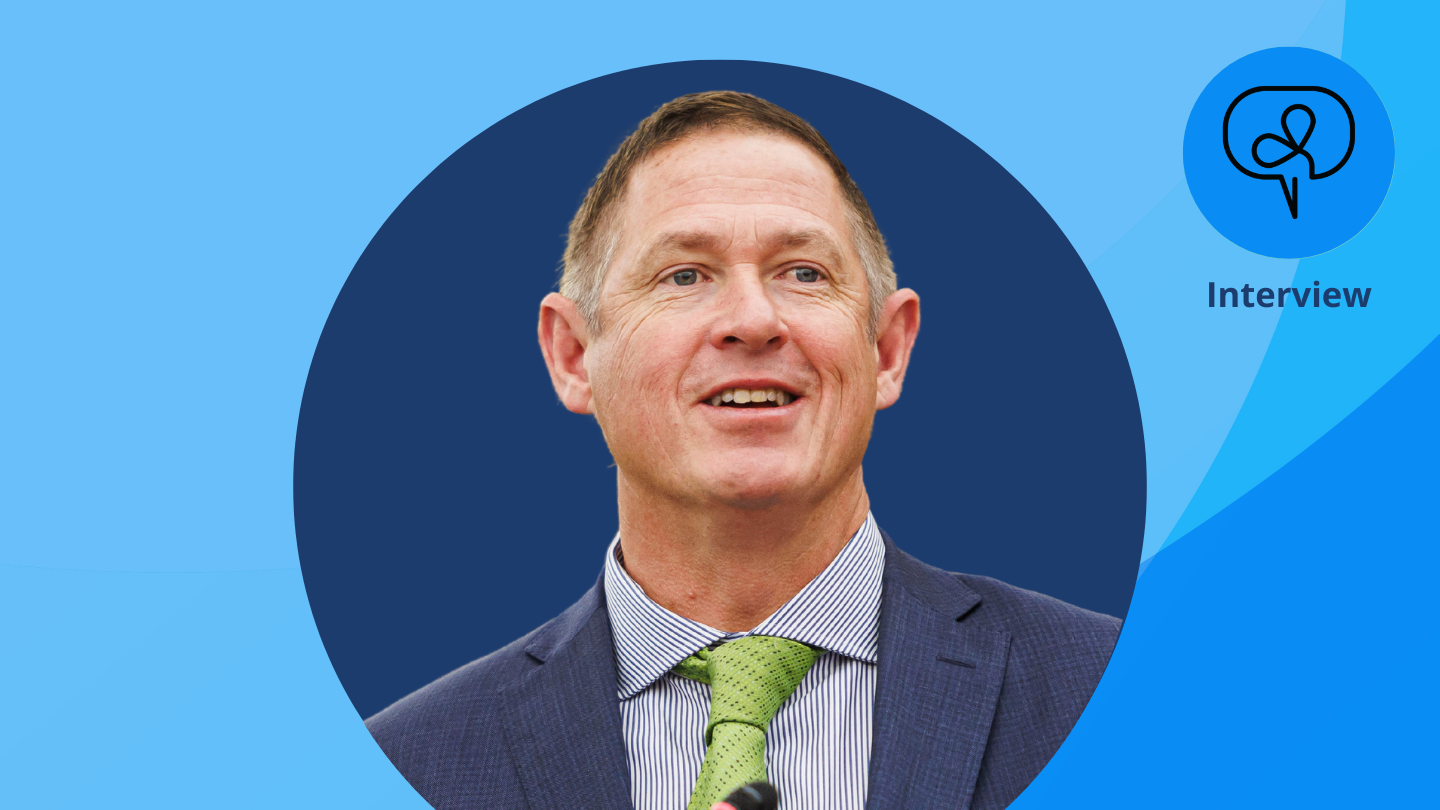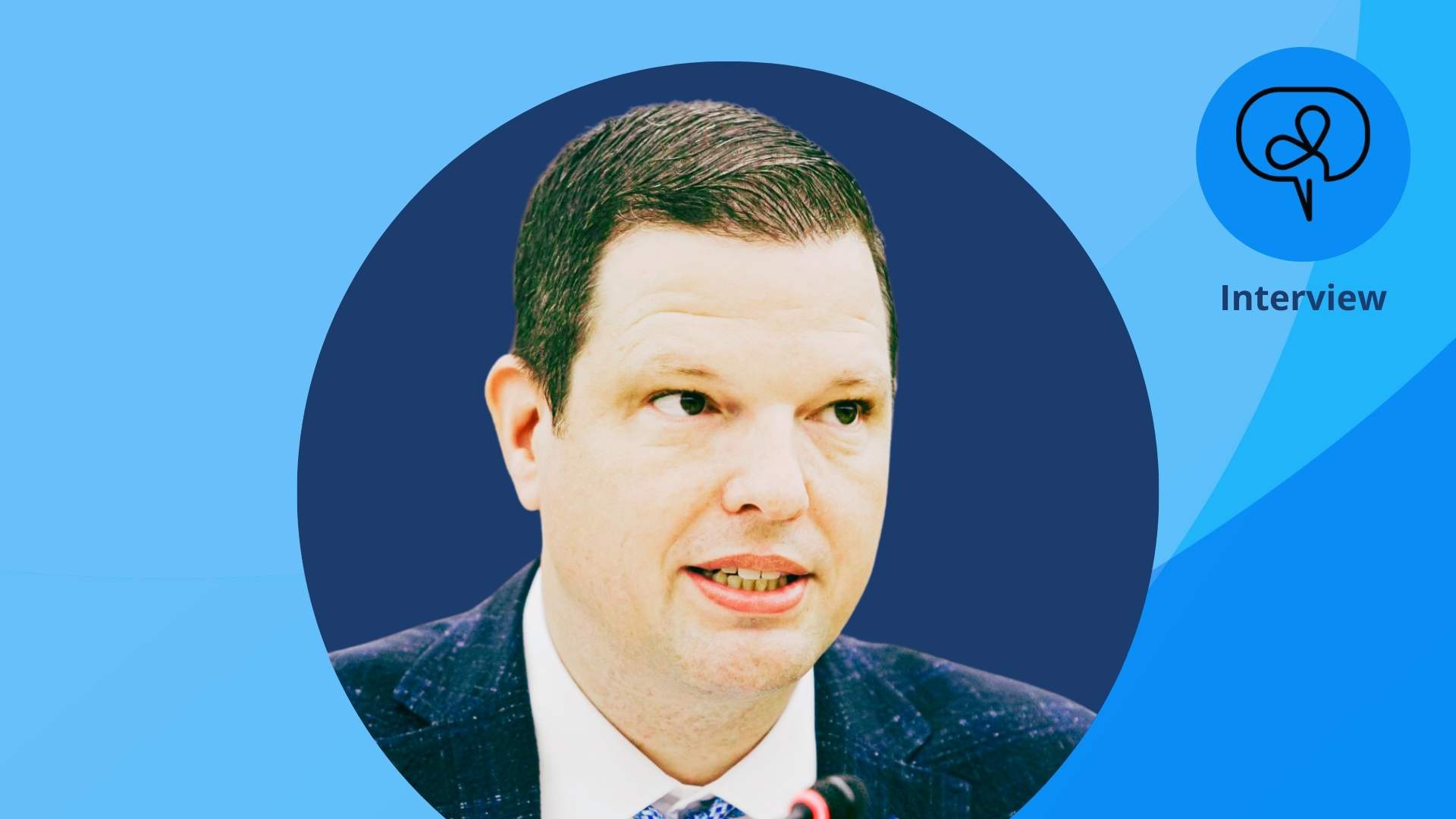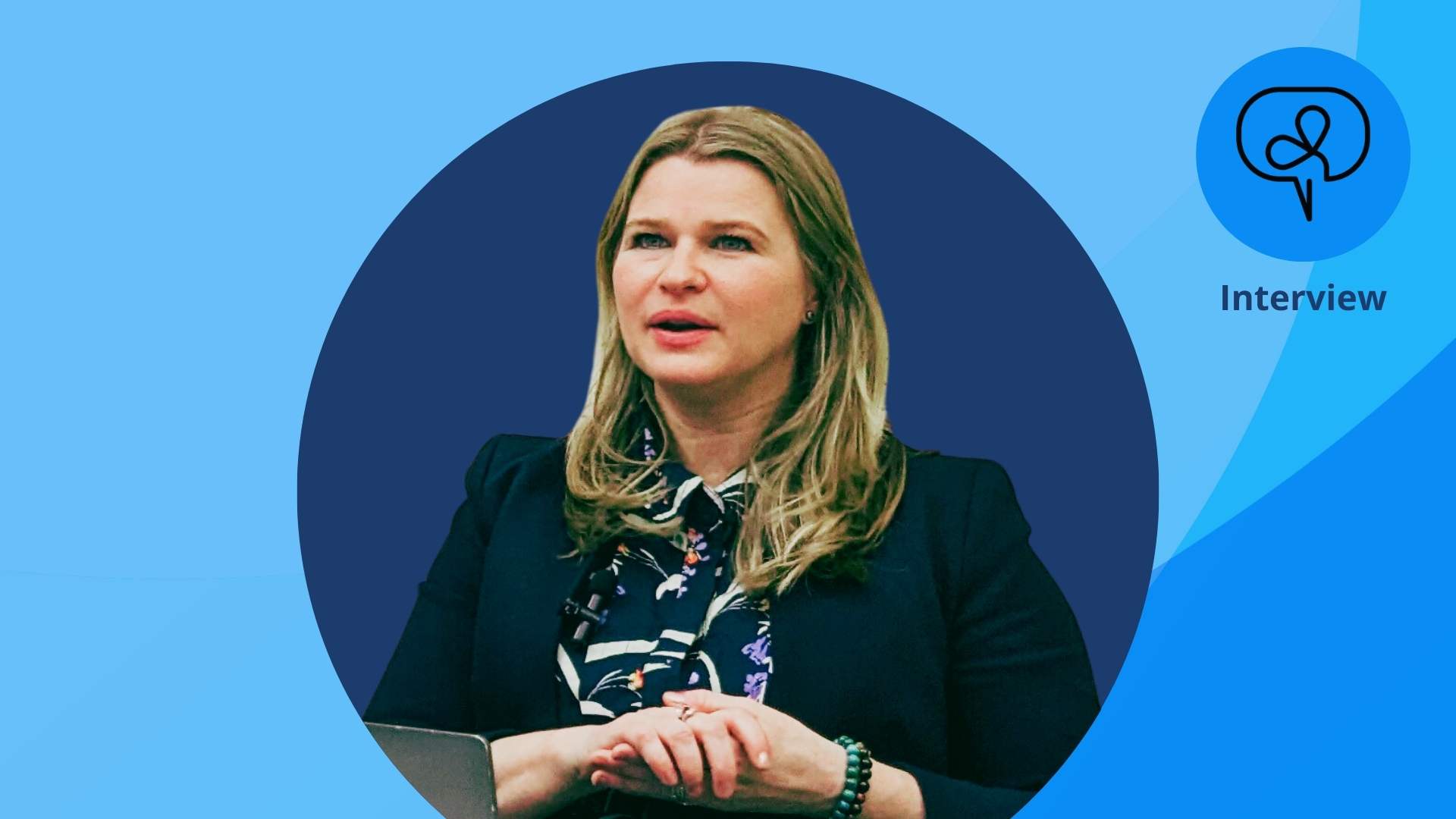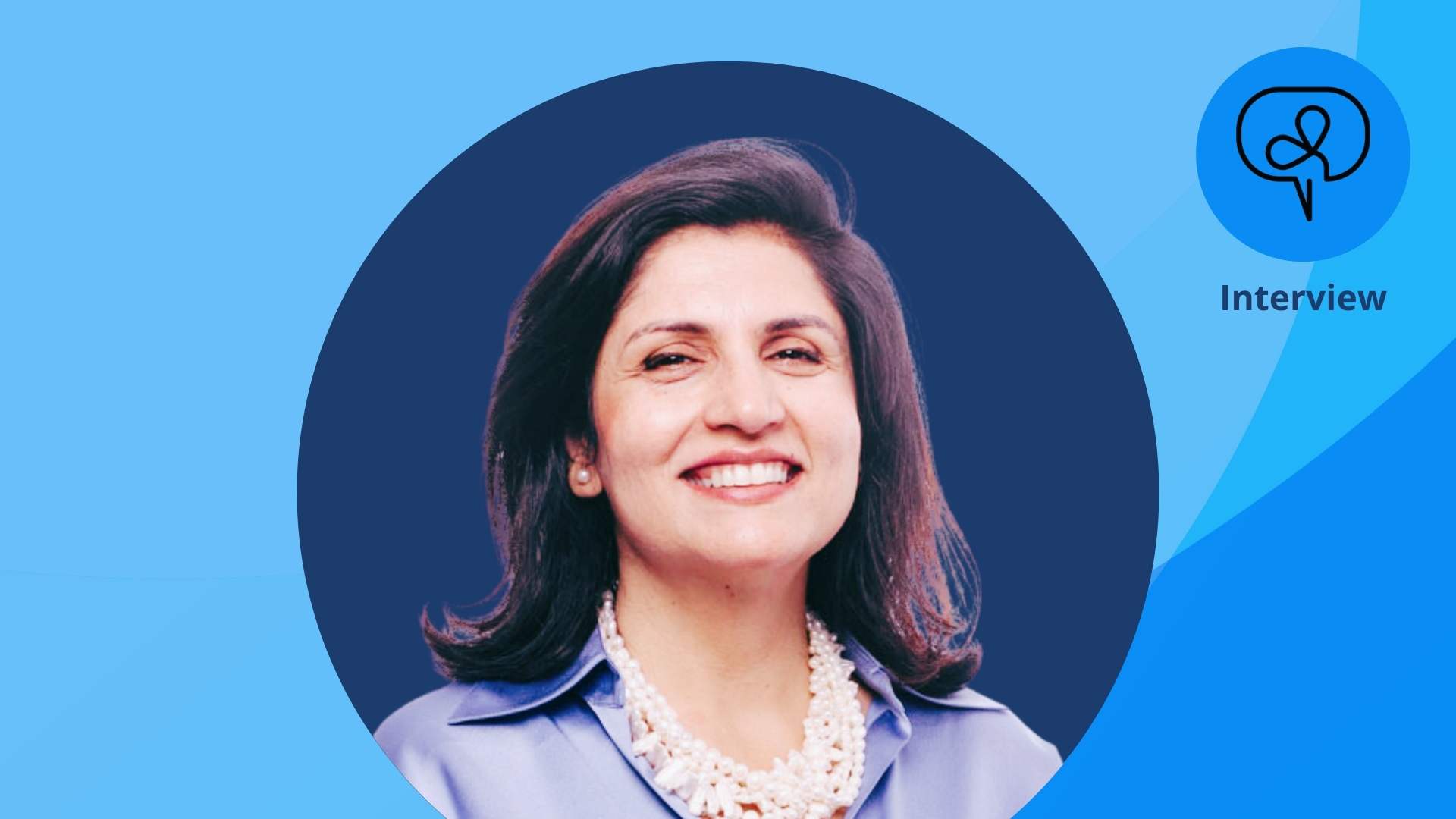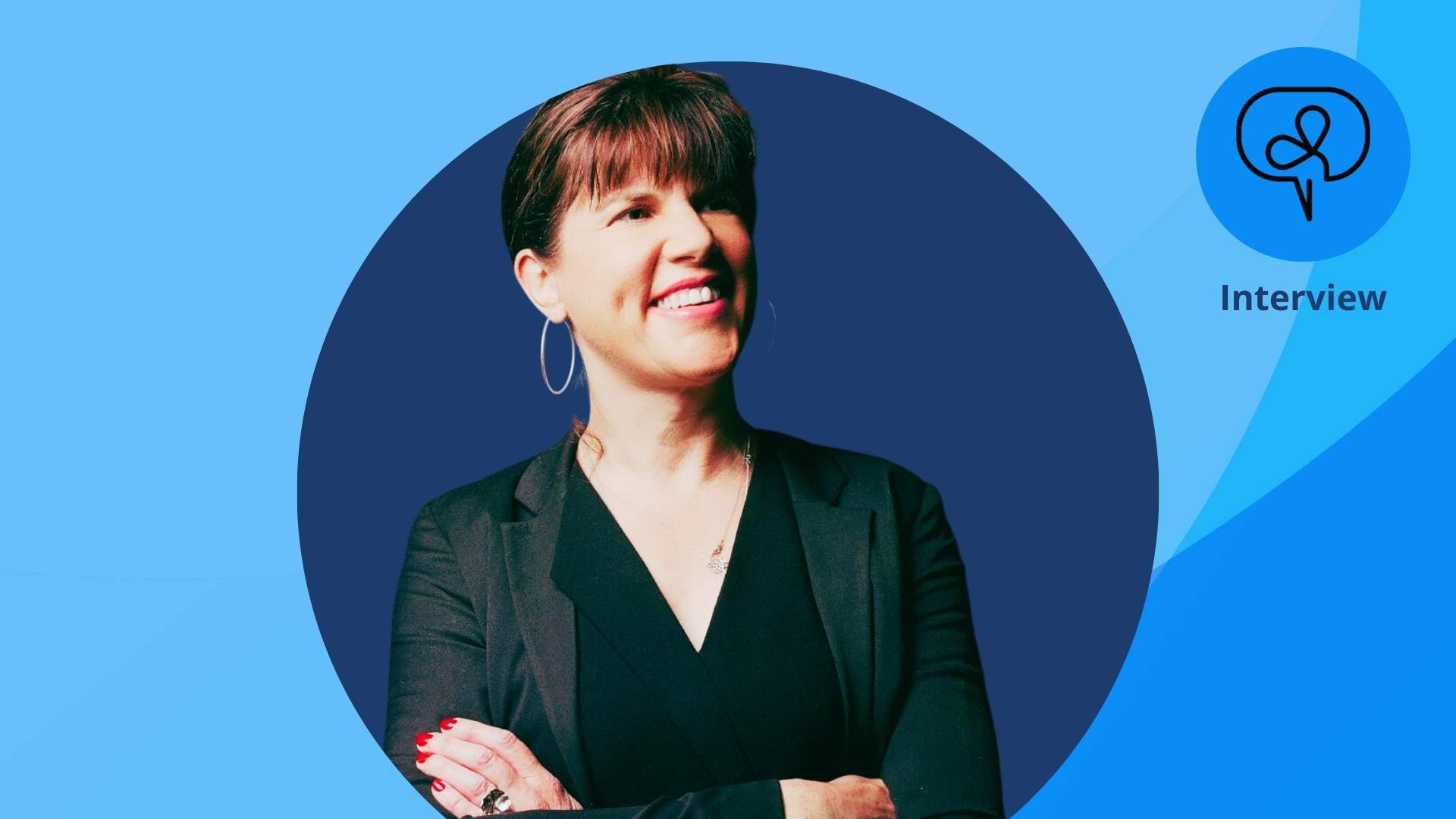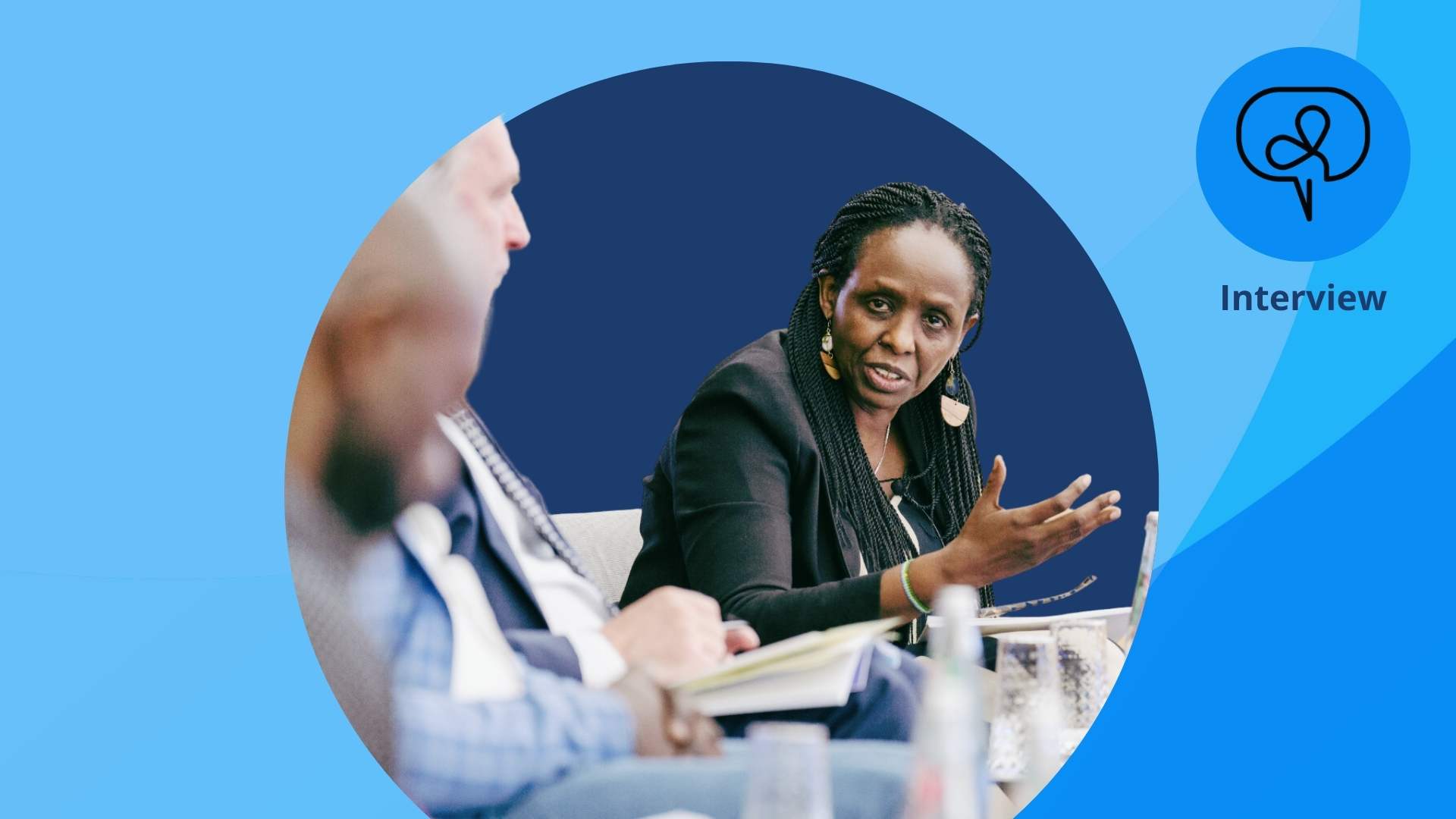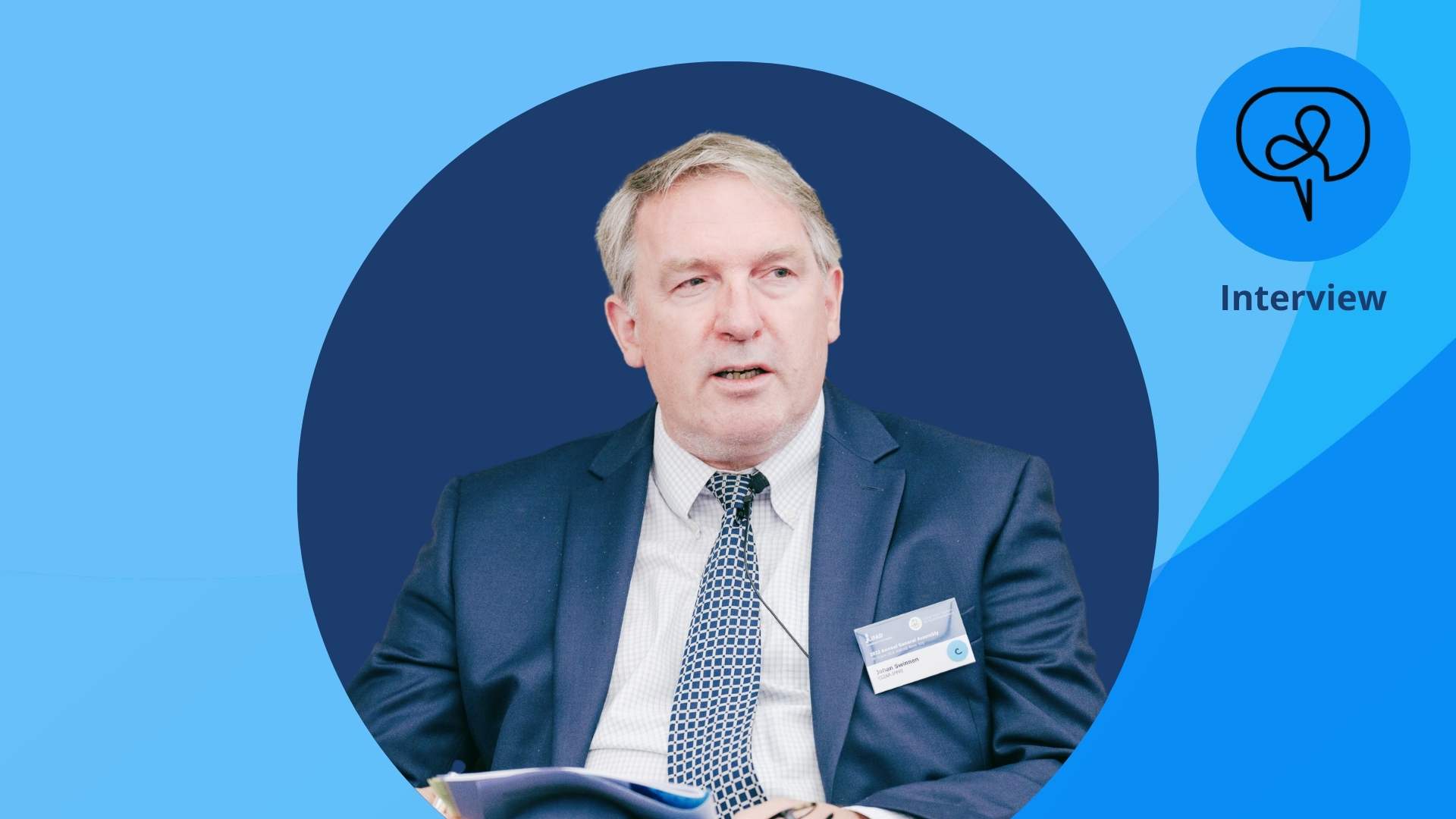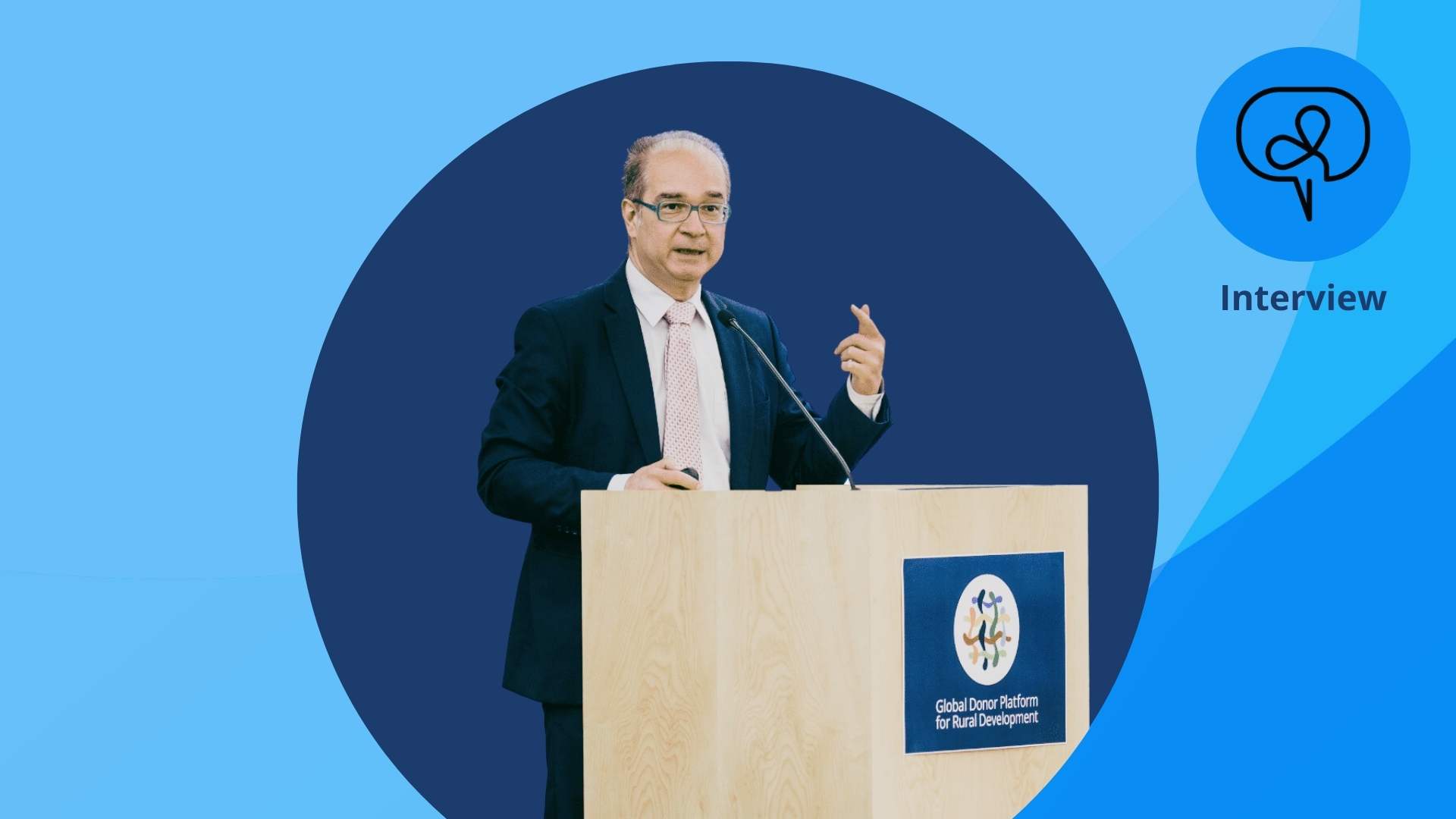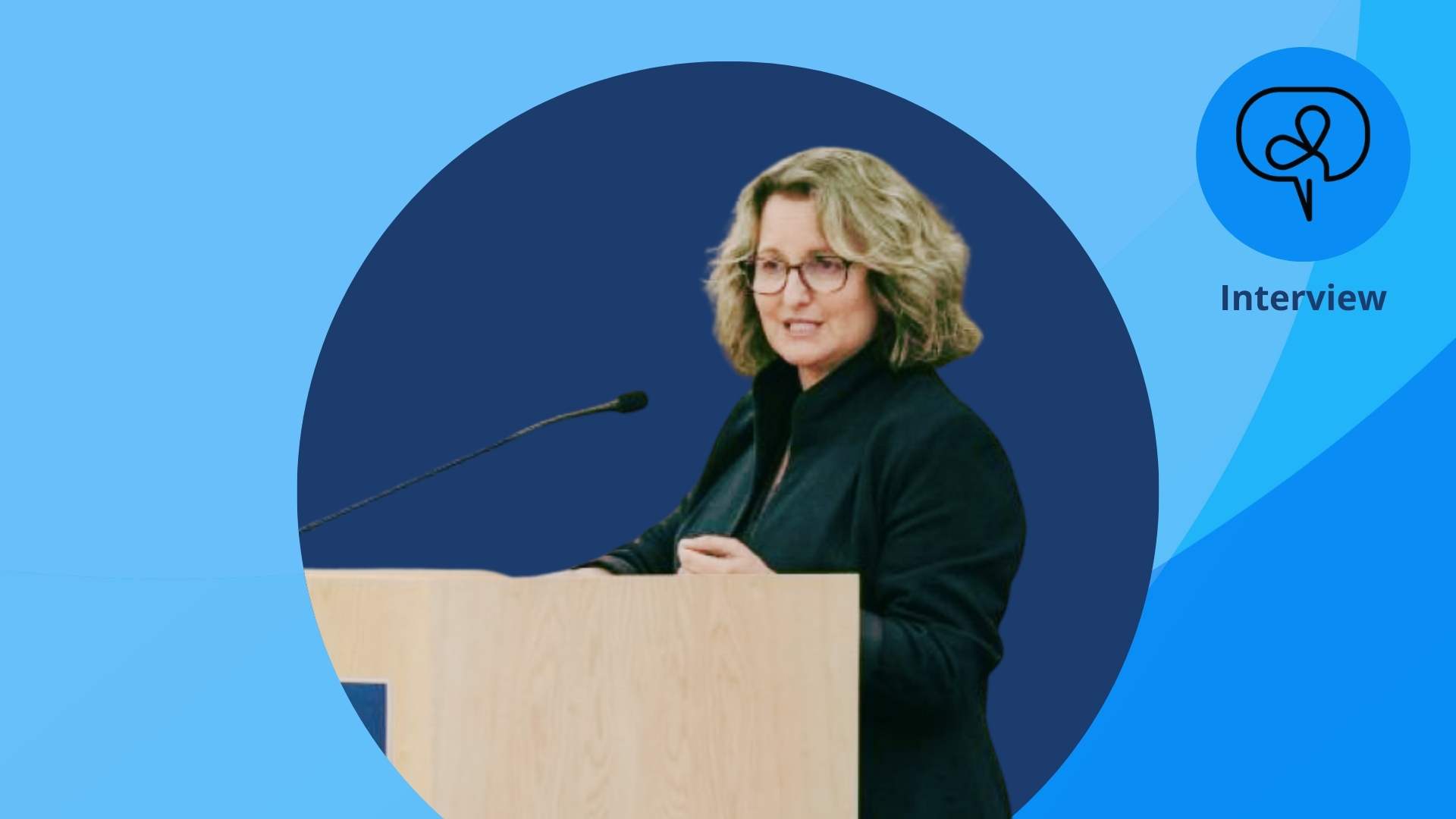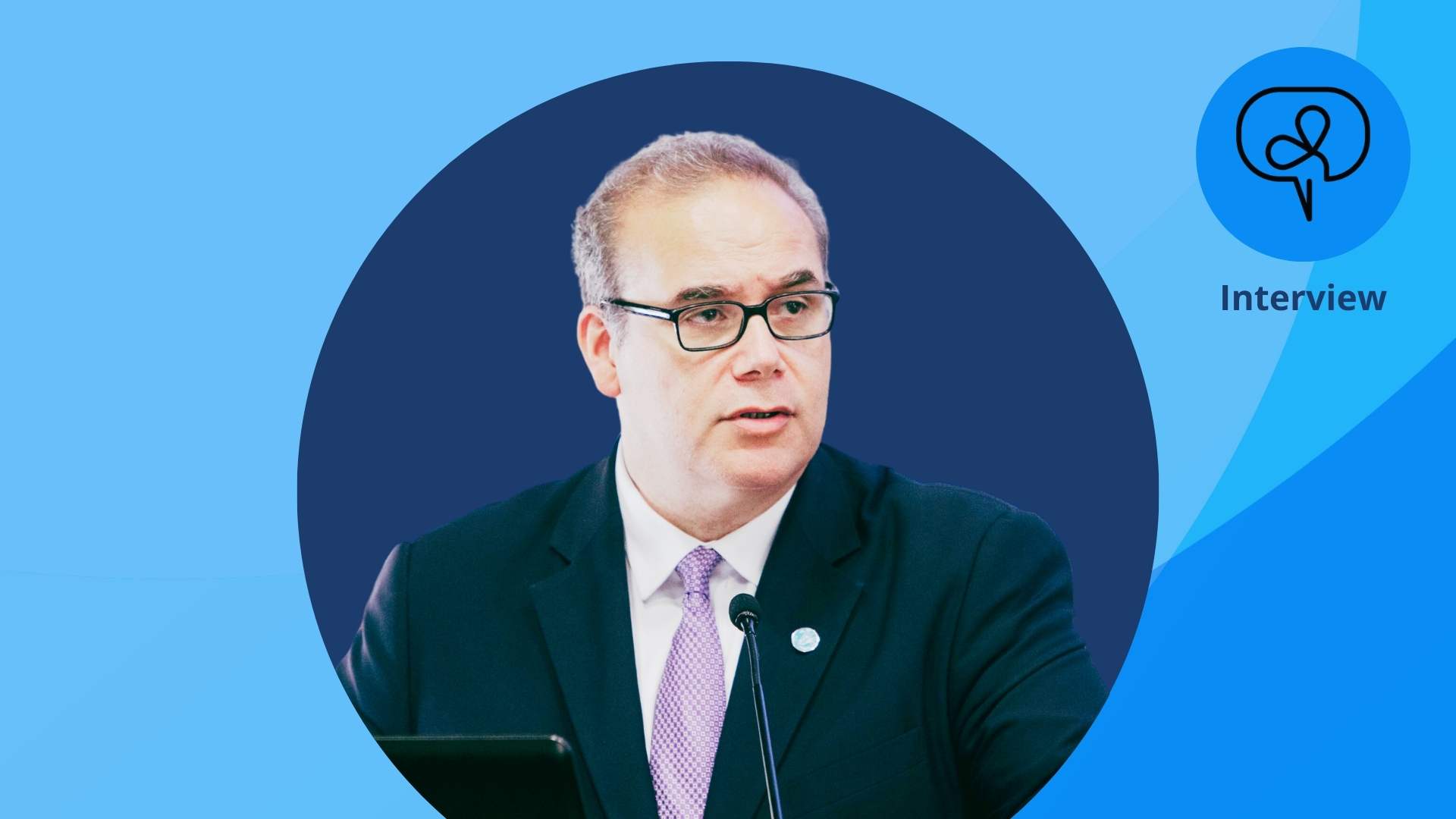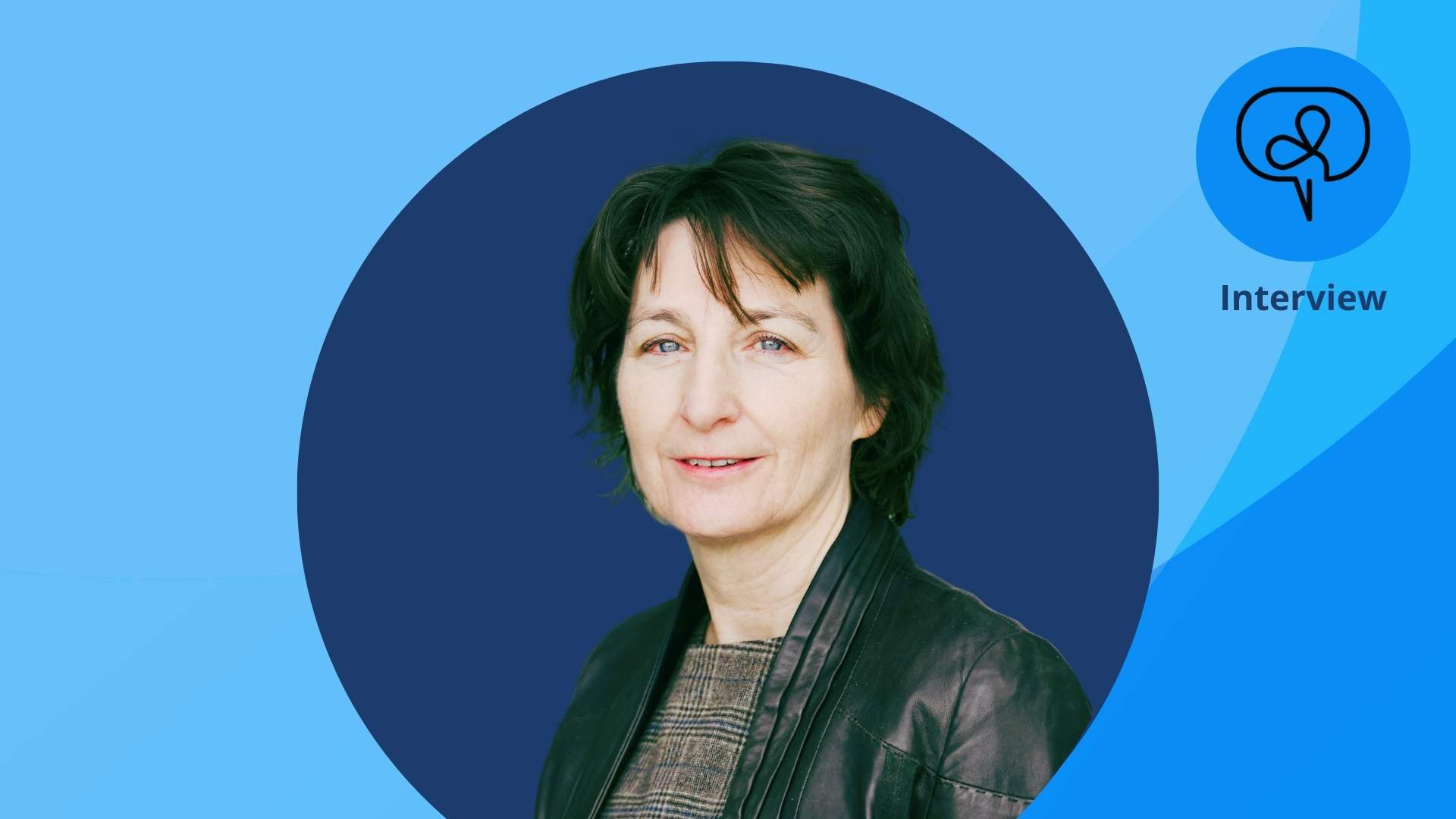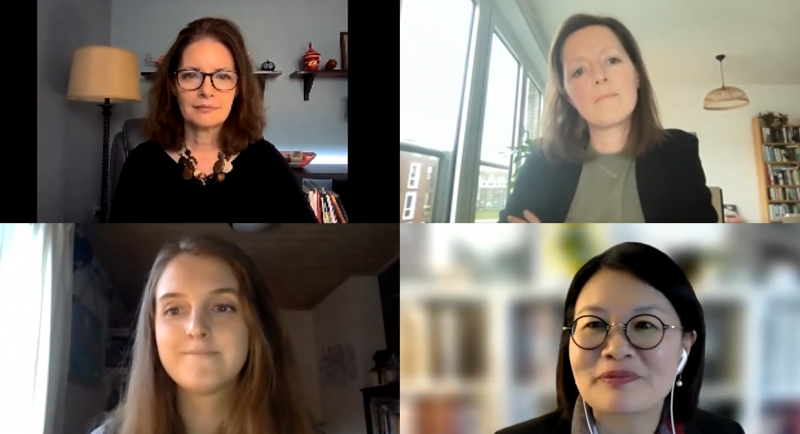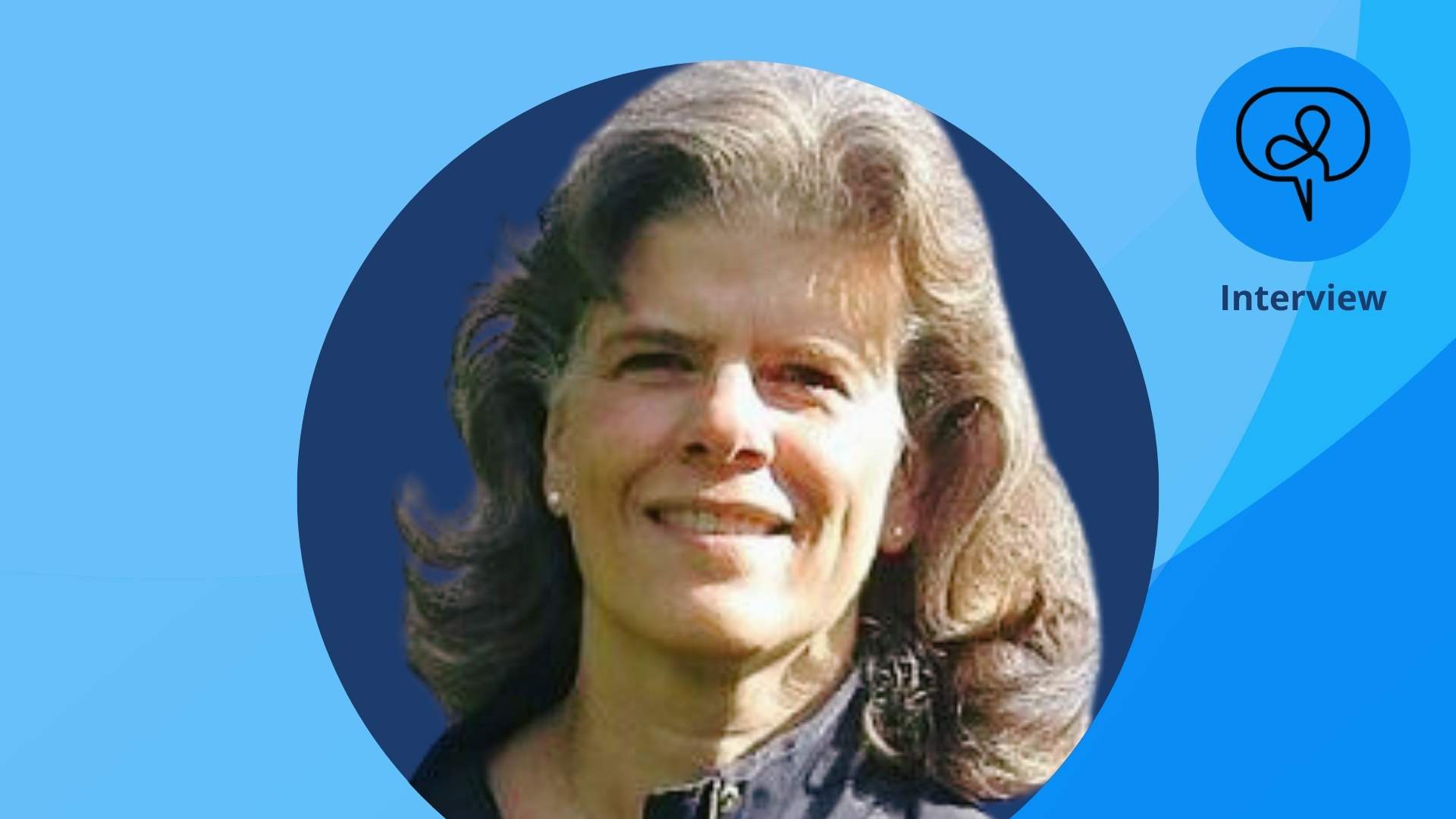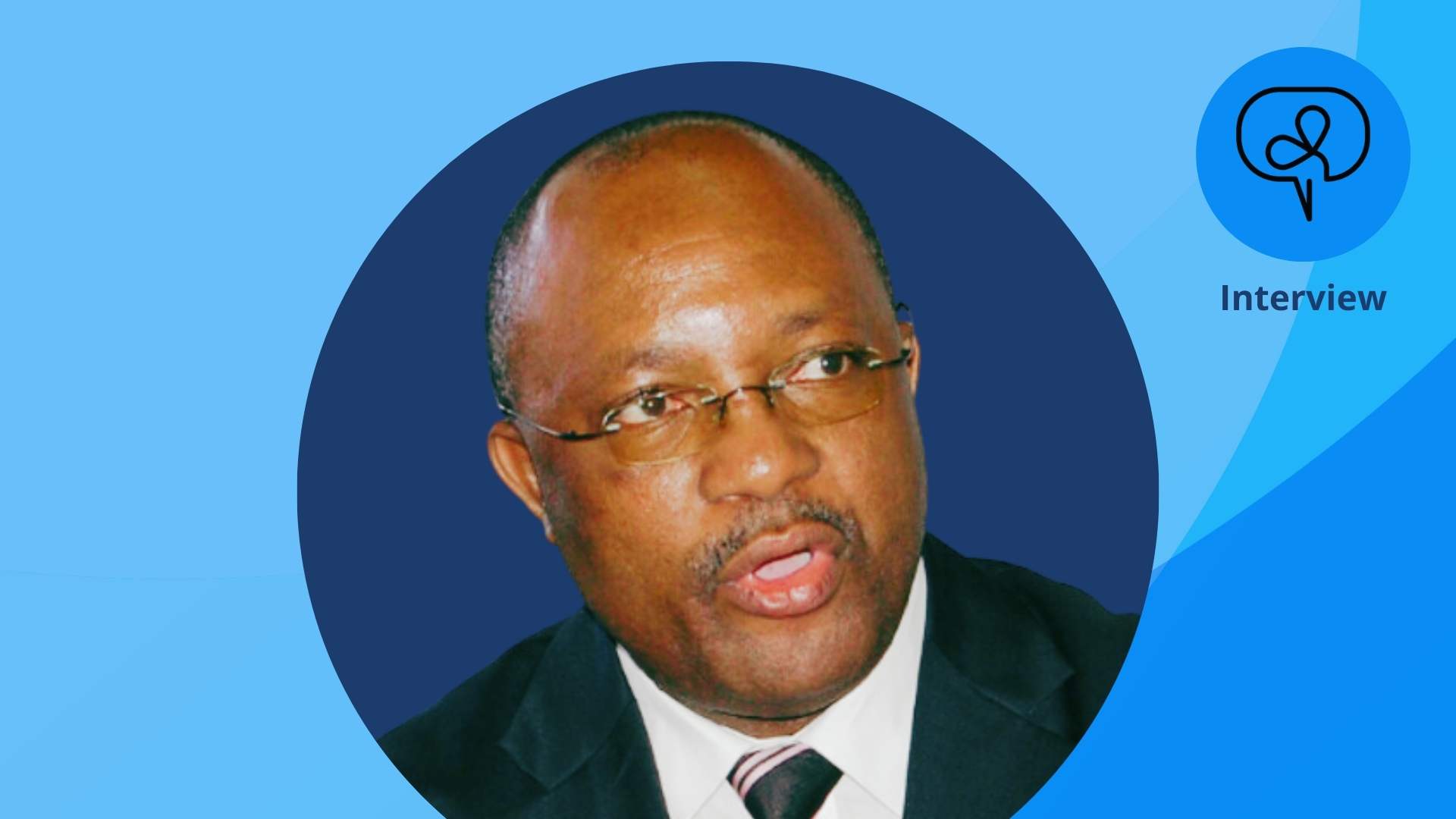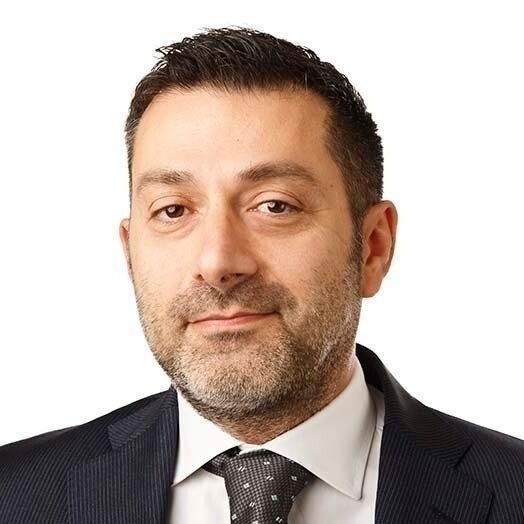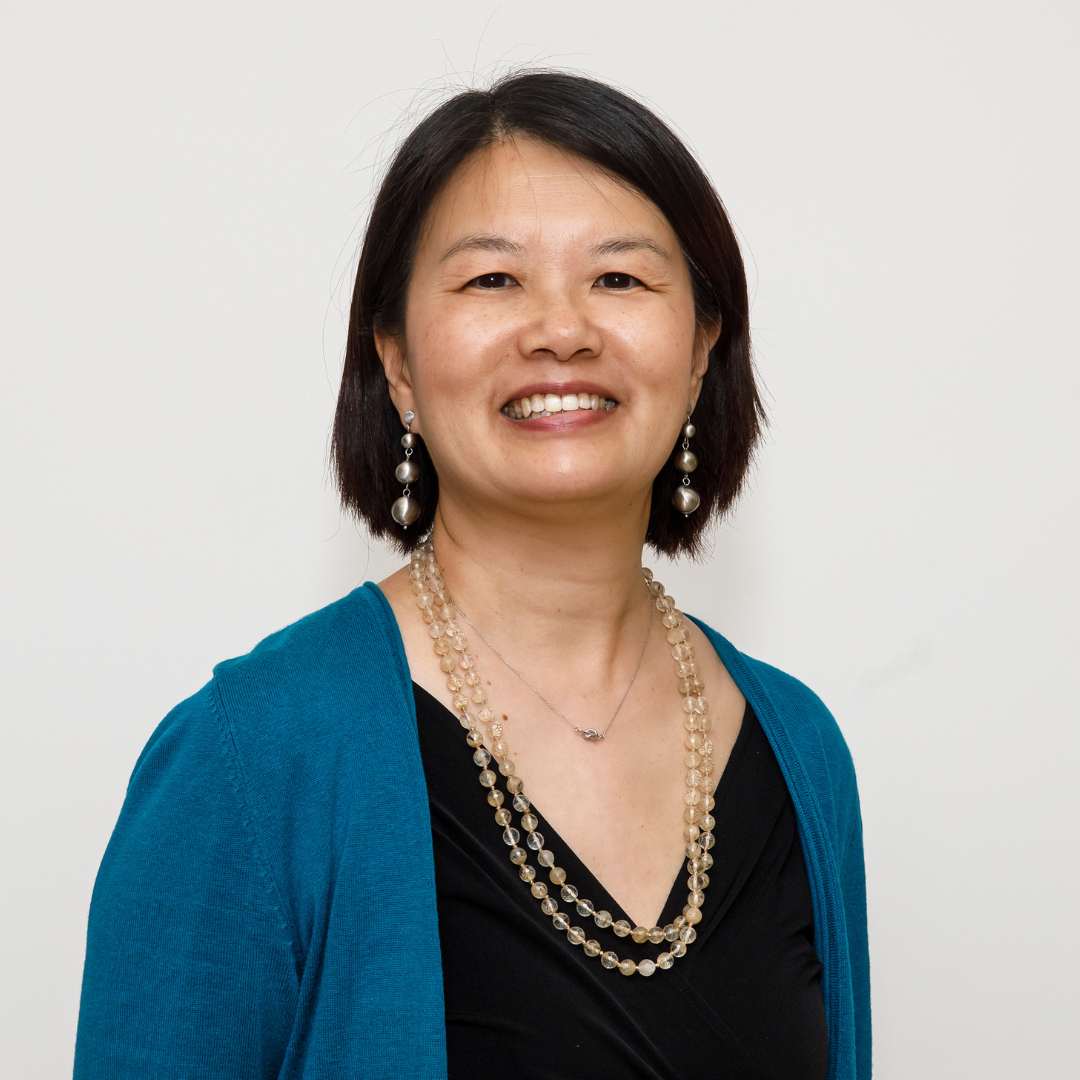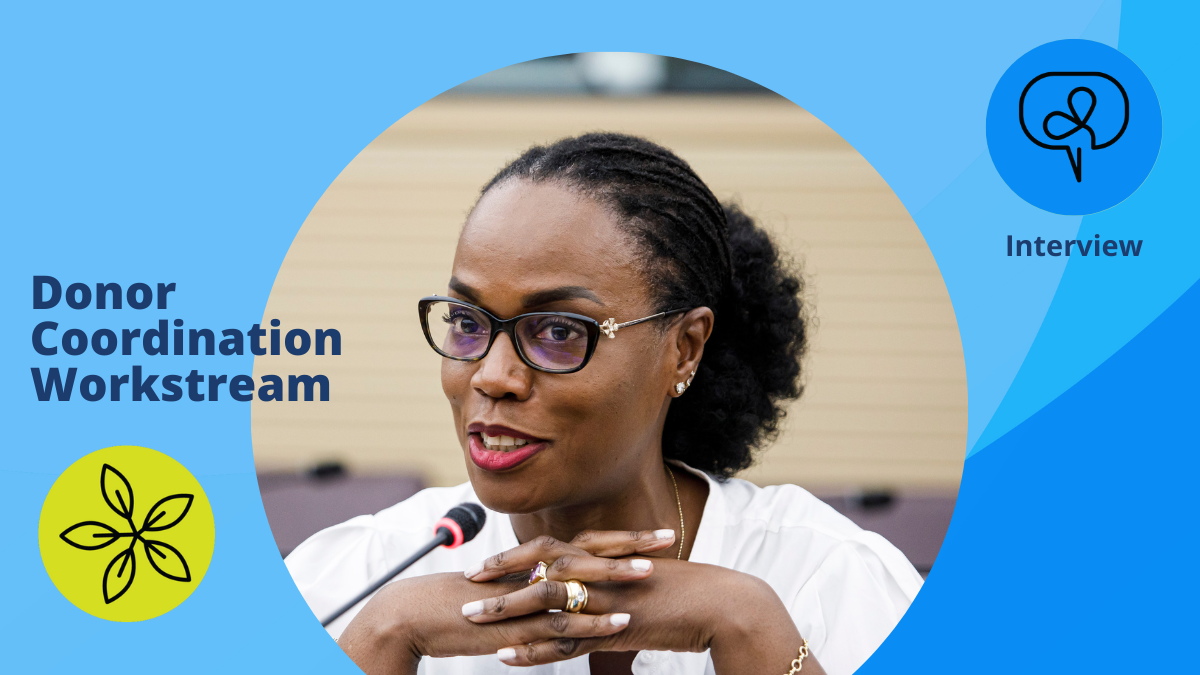
There has never been a greater need for coordinated donor investments and collaboration that align with the needs and priorities of partner countries. How can this be improved, particularly at the country level? What are some good practices on donor cooperation for food systems and rural development?
This interview series explores some of the thinking behind these questions, and took place alongside the GDPRD's workstream on donor coordination. For a summary of the workstream research and recommendations, read the full report here.

Nadine Gbossa
Director, Food Systems Coordination, IFAD and Chief, Means of Implementation, UN Food Systems Coordination Hub
Nadine Gbossa is the Director, Food Systems Coordination, IFAD and Chief, Means of Implementation, UN Food Systems Coordination Hub.
GDPRD Secretariat/Michelle Tang: Food systems and donor coordination are both very complex processes that require high levels of coordination on their own. What are some practical and feasible ways to improve donor coordination on food systems? What have been the main challenges and barriers to good coordination at the country level?
Nadine Gbossa: To improve donor coordination on food systems, we must work harder to ensure that donors and teams in country have a shared understanding of what a food systems approach means concretely and of its vital value for the people and the planet. Talking to people, I realize that one of the main challenges we still face is that for too many people, food systems transformation remains an abstract concept. How can we effectively engage in-country teams on support for food systems transformation if they don’t fully understand what it is about.
Food systems transformation is about making the link between the universal goal of ending hunger, ensuring food is nutritious; that we way we produce, transport and transform the food is sustainable and does not harm for the planet; that those at the heart of our food systems - the farmers and food systems workers - finally enjoy decent incomes and working conditions, and that supply chains are resilient to shock and crisis.
Once we grasp this, it is easier to understand that donor coordination in support of country efforts for food systems transformation is essential. Because in their country-support, most donors tackle one or some of these issues – it is challenging to work on them all. Working together, each bringing their comparative advantage, donors are more equipped to tackle all the dimensions of food systems transformation in an integrated manner.
Michelle: The process of this workstream has included key informant interviews of high-level participants from donor countries and international organizations like yourself. How can we bring this process closer to countries, to the people who we are serving as most of them would not have a place at the table? Is there scope for the process to be more inclusive?
Nadine: The Food Systems Summit was called a people’s summit because we are all part of the food system, and it requires everyone to take action to transform the world’s food systems. In addition to challenges that require regional and global coordination, each country leads on its national pathway for food systems transformation. So, food systems transformation is a country-led process with inclusivity as a fundamental principle. Donors come in to complement the efforts of countries most in need towards better performing food systems. It was in this spirit that over 100 countries conducted inclusive national food systems dialogue to review their own food systems define their national pathways for food systems transformation. It is the same spirit of country ownership and inclusiveness that must prevail in support of food systems transformation.
Michelle: What are the essential ingredients to good coordination, the so-called building blocks that need to be in place? Could you share some examples or good practices from your experience?
Nadine: I think the essential ingredient for donor coordination is influential political leadership at the country level - whether it is the Head of State, a Minister, or someone high level in the administration with the vision of bringing together people, resources, and institutions towards a shared vision of transformation. To give you a practical example, I was working with the Government of Nigeria, and they had the vision of a Special Agro-Industrial Processing Zone Programme, which in my view is an early and innovate example of a food systems approach.
This program aims at mobilizing technical and financial resources at scale from domestic, international, and private sources to step up food production and processing in-country and putting in place attractive framework for private sector investment for in-country agro processing mobilizing technical expertise and resources from the African development Bank and Islamic Development Bank.
The government’s objective is food security and nutrition, but this vision goes beyond. They included in their approach income opportunities for small farmers and operators, including youth and women to supply food processing facilities mobilizing IFAD’s expertise and resources. They also looked at sustainability bringing in green financing through the GCF Donor coordination and private sector engagement is made possible under such a programme because the government set the path asking all parties to come together based on their comparative advantage. That kind of leadership drives donor coordination and this is the kind of coordination that is needed.
Photo: ©IFAD/Flavio Ianniello
The GDPRD conducted a year-long workstream on donor coordination in 2023, which culminated in the final report "From Rhetoric to Reality: Donor coordination for food systems transformation".


